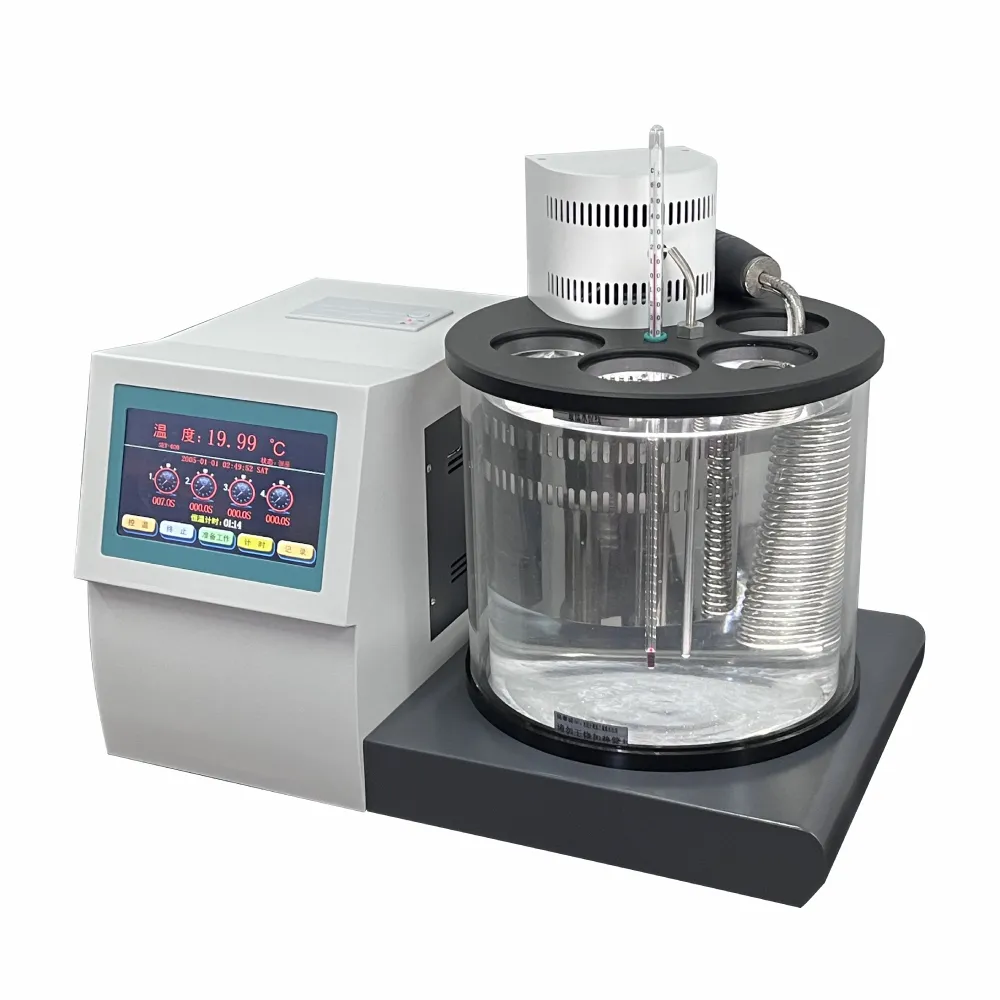 English
English



-
 Afrikaans
Afrikaans -
 Albanian
Albanian -
 Amharic
Amharic -
 Arabic
Arabic -
 Armenian
Armenian -
 Azerbaijani
Azerbaijani -
 Basque
Basque -
 Belarusian
Belarusian -
 Bengali
Bengali -
 Bosnian
Bosnian -
 Bulgarian
Bulgarian -
 Catalan
Catalan -
 Cebuano
Cebuano -
 China
China -
 China (Taiwan)
China (Taiwan) -
 Corsican
Corsican -
 Croatian
Croatian -
 Czech
Czech -
 Danish
Danish -
 Dutch
Dutch -
 English
English -
 Esperanto
Esperanto -
 Estonian
Estonian -
 Finnish
Finnish -
 French
French -
 Frisian
Frisian -
 Galician
Galician -
 Georgian
Georgian -
 German
German -
 Greek
Greek -
 Gujarati
Gujarati -
 Haitian Creole
Haitian Creole -
 hausa
hausa -
 hawaiian
hawaiian -
 Hebrew
Hebrew -
 Hindi
Hindi -
 Miao
Miao -
 Hungarian
Hungarian -
 Icelandic
Icelandic -
 igbo
igbo -
 Indonesian
Indonesian -
 irish
irish -
 Italian
Italian -
 Japanese
Japanese -
 Javanese
Javanese -
 Kannada
Kannada -
 kazakh
kazakh -
 Khmer
Khmer -
 Rwandese
Rwandese -
 Korean
Korean -
 Kurdish
Kurdish -
 Kyrgyz
Kyrgyz -
 Lao
Lao -
 Latin
Latin -
 Latvian
Latvian -
 Lithuanian
Lithuanian -
 Luxembourgish
Luxembourgish -
 Macedonian
Macedonian -
 Malgashi
Malgashi -
 Malay
Malay -
 Malayalam
Malayalam -
 Maltese
Maltese -
 Maori
Maori -
 Marathi
Marathi -
 Mongolian
Mongolian -
 Myanmar
Myanmar -
 Nepali
Nepali -
 Norwegian
Norwegian -
 Norwegian
Norwegian -
 Occitan
Occitan -
 Pashto
Pashto -
 Persian
Persian -
 Polish
Polish -
 Portuguese
Portuguese -
 Punjabi
Punjabi -
 Romanian
Romanian -
 Russian
Russian -
 Samoan
Samoan -
 Scottish Gaelic
Scottish Gaelic -
 Serbian
Serbian -
 Sesotho
Sesotho -
 Shona
Shona -
 Sindhi
Sindhi -
 Sinhala
Sinhala -
 Slovak
Slovak -
 Slovenian
Slovenian -
 Somali
Somali -
 Spanish
Spanish -
 Sundanese
Sundanese -
 Swahili
Swahili -
 Swedish
Swedish -
 Tagalog
Tagalog -
 Tajik
Tajik -
 Tamil
Tamil -
 Tatar
Tatar -
 Telugu
Telugu -
 Thai
Thai -
 Turkish
Turkish -
 Turkmen
Turkmen -
 Ukrainian
Ukrainian -
 Urdu
Urdu -
 Uighur
Uighur -
 Uzbek
Uzbek -
 Vietnamese
Vietnamese -
 Welsh
Welsh -
 Bantu
Bantu -
 Yiddish
Yiddish -
 Yoruba
Yoruba -
 Zulu
Zulu
electrical breaker tester
Understanding Electrical Breaker Testers Importance and Functionality
Electrical systems are integral to modern living, powering our homes, businesses, and industries. As electrical installations grow more complex, the importance of ensuring their safety and reliability cannot be overstated. One essential tool in this regard is the electrical breaker tester. This device plays a critical role in assessing the functionality of circuit breakers, ensuring that they operate correctly to prevent electrical hazards such as overloads, short circuits, and fire.
A circuit breaker is designed to protect an electrical circuit from damage caused by excess current flow. It automatically interrupts the circuit when a fault is detected. However, like any mechanical device, circuit breakers can wear out or malfunction over time. Regular testing is vital to ensure that these protective devices are functioning as intended. This is where an electrical breaker tester comes into play.
Electrical breaker testers are specialized instruments used to evaluate the performance of circuit breakers. They assess various parameters, including trip time, trip current, and continuity. By simulating fault conditions, these testers can help determine if a breaker will trip when necessary, thereby safeguarding the electrical system.
The testing process typically involves connecting the tester to the circuit breaker and conducting a series of tests. One common method is the insulation resistance test, which checks for electrical leakage between the conductive parts of the circuit and the ground. High resistance readings indicate proper insulation, while low readings signal potential issues that require immediate attention.
electrical breaker tester

Another critical test is the trip time measurement. This assesses how quickly a breaker responds to an overload or short circuit. Manufacturers often specify maximum trip times for their circuit breakers, and a tester can verify if these timeframes are met. Failure to trip quickly can lead to severe damage to electrical equipment or even pose fire risks.
Additionally, electrical breaker testers often come equipped with features such as data logging and analysis software. This allows technicians to record test results, analyze historical data, and generate reports. These records can be invaluable for maintenance scheduling and compliance with safety regulations.
Using an electrical breaker tester not only enhances safety but also aligns with best practices in facility maintenance. Regular testing ensures that circuit breakers remain in optimal condition, extending their lifespan and reducing the likelihood of catastrophic failures.
In conclusion, electrical breaker testers are essential tools for maintaining the integrity of electrical systems. By regularly testing circuit breakers, technicians can ensure they perform reliably under fault conditions, protecting lives and property from potential electrical disasters. As we continue to rely on electrical power for everyday activities, the importance of such testing cannot be overlooked. Investing in proper testing equipment and protocols will go a long way in ensuring a safe and efficient electrical system for all.
-
Ensuring SF₆ Gas Safety: Introducing PUSH’s Integrated SF₆ Analyzer for Dew Point, Purity, and Decomposition MonitoringNewsJul.10,2025
-
Exploring the Main Types of Industrial Endoscopes and Their Applications Across IndustriesNewsJul.04,2025
-
Testing Equipment Industry Sees Major Advancements in 2025: Smart & Precision Technologies Lead the WayNewsJun.06,2025
-
Applications of Direct Current Generators in Renewable Energy SystemsNewsJun.05,2025
-
Hipot Tester Calibration and Accuracy GuidelinesNewsJun.05,2025
-
Digital Circuit Breaker Analyzer Features and BenefitsNewsJun.05,2025



